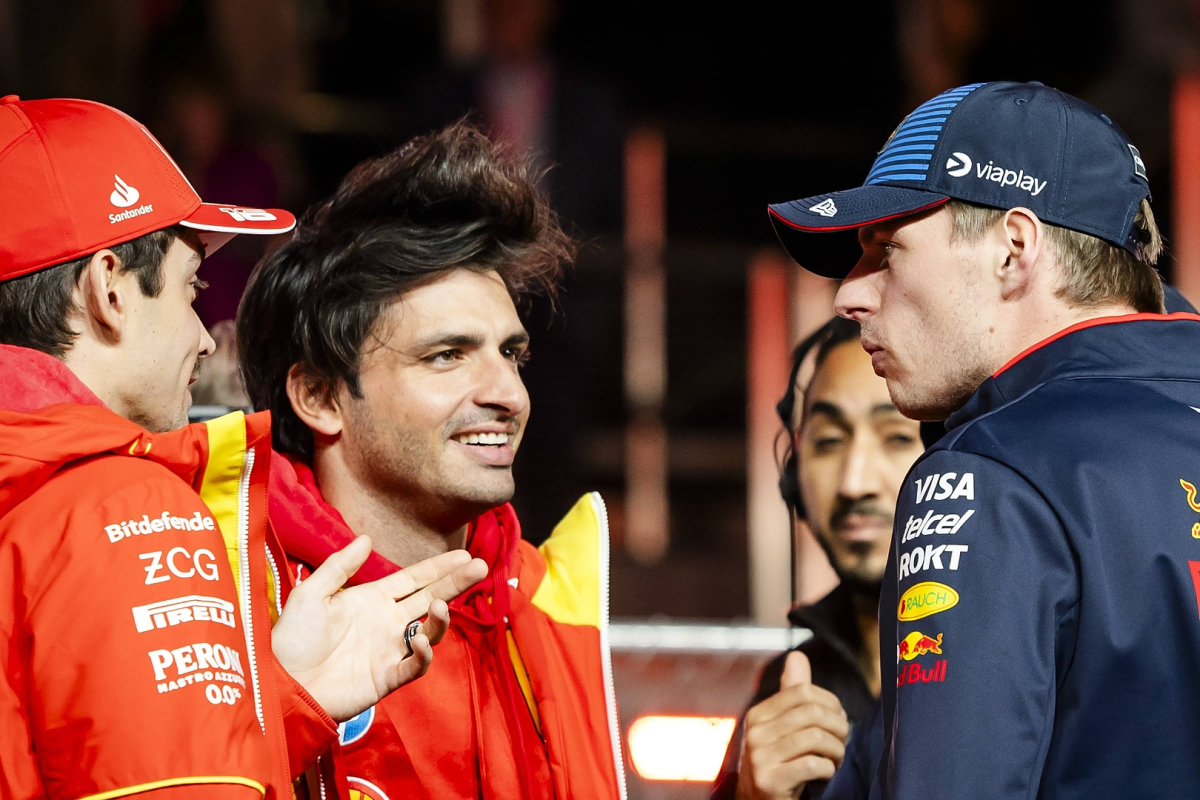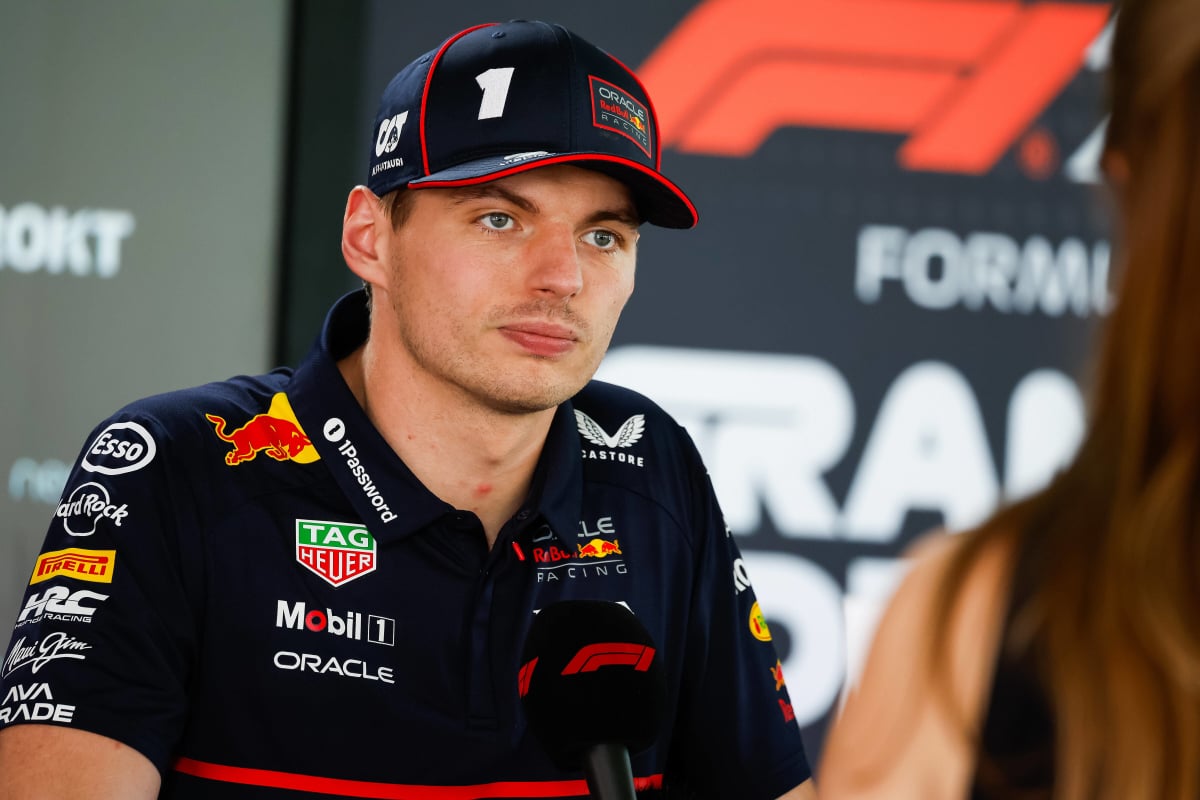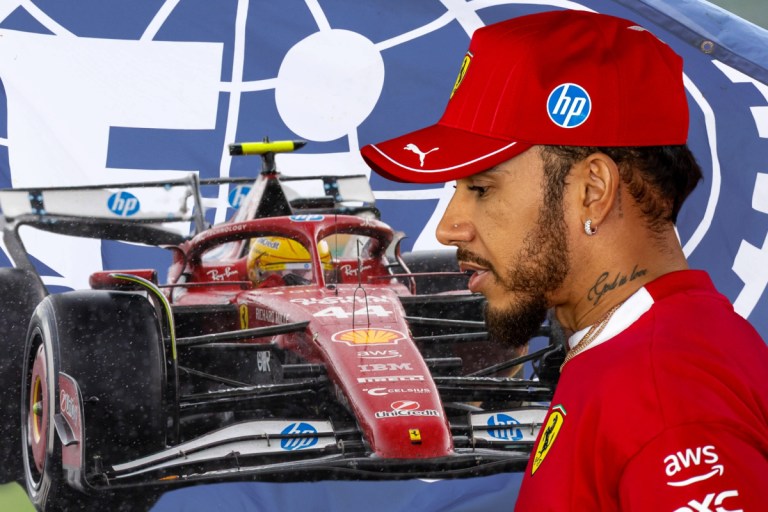Adrian Newey gives DIRE warning as team-mates set to CLASH… read more
Red Bull’s legendary Chief Technical Officer, Adrian Newey, has issued a stark warning regarding the future of Formula 1 as the sport prepares to adopt a new set of technical regulations. Speaking candidly to Auto Motor und Sport, Newey voiced concerns that some teams could find themselves trailing significantly behind their rivals for years if they fail to adapt quickly enough to the sweeping changes.
The upcoming alterations to the sport’s power unit regulations will place a greater emphasis on electrical power, aligning with the sport’s push towards sustainability and a greener future. This shift is expected to impact how teams develop and utilize their cars’ hybrid powertrains, fundamentally changing the balance of performance in the sport. For teams that struggle to match the pace of technological development, Newey fears a repeat of the hybrid engine era of 2014 when Mercedes dominated the field with their advanced power units.
Back in 2014, the introduction of hybrid engines gave Mercedes a significant advantage over their competitors, a gap that took years to close. Newey’s comments suggest that a similar scenario could unfold again, with the possibility that one manufacturer will get a head start in mastering the new power unit regulations. He emphasized that while engine manufacturers are now more aware of the challenges posed by such a change, there’s still a significant risk that one team could emerge as the dominant force, at least initially.
“I can’t remember another time in Formula 1 when both the chassis regulations and the power unit regulations have changed simultaneously,” Newey explained. He stressed that this combination of changes would present a unique challenge for teams, as the chassis regulations have been designed in a way that compensates for the new power unit specifications. “It’s an extra dimension,” Newey added. This dual set of changes adds further complexity, requiring teams to quickly adjust not just their power units but also their car designs in a race against time.
Newey’s cautionary tone highlights the growing concerns around the potential for a power unit-dominated regulation, where the performance of the engine could heavily dictate the fortunes of teams. While Red Bull has historically been a leader in aerodynamics, Newey’s acknowledgment of the potential for an engine-led hierarchy in the new era serves as a reminder of how crucial the power unit is in shaping the overall competitiveness of teams.
The F1 community will be closely watching how each team adapts to the new regulations in the coming seasons. Newey’s warning, however, paints a picture of a future where the engine manufacturers may play an even more pivotal role than before, with some teams potentially being left behind if they fail to keep pace. With the 2025 season looming, teams are facing one of their biggest challenges yet: balancing cutting-edge engine technology with the evolving demands of aerodynamics and chassis design.
The new regulations could ultimately reshape the competitive landscape of Formula 1, and how teams handle this shift may determine their success in the coming years.




